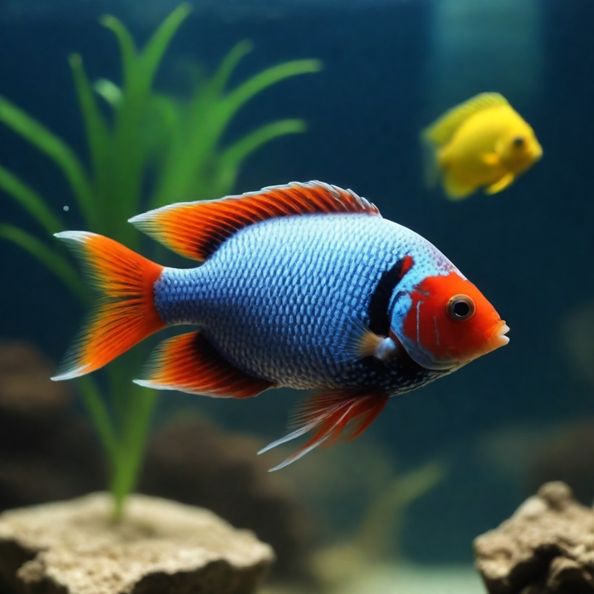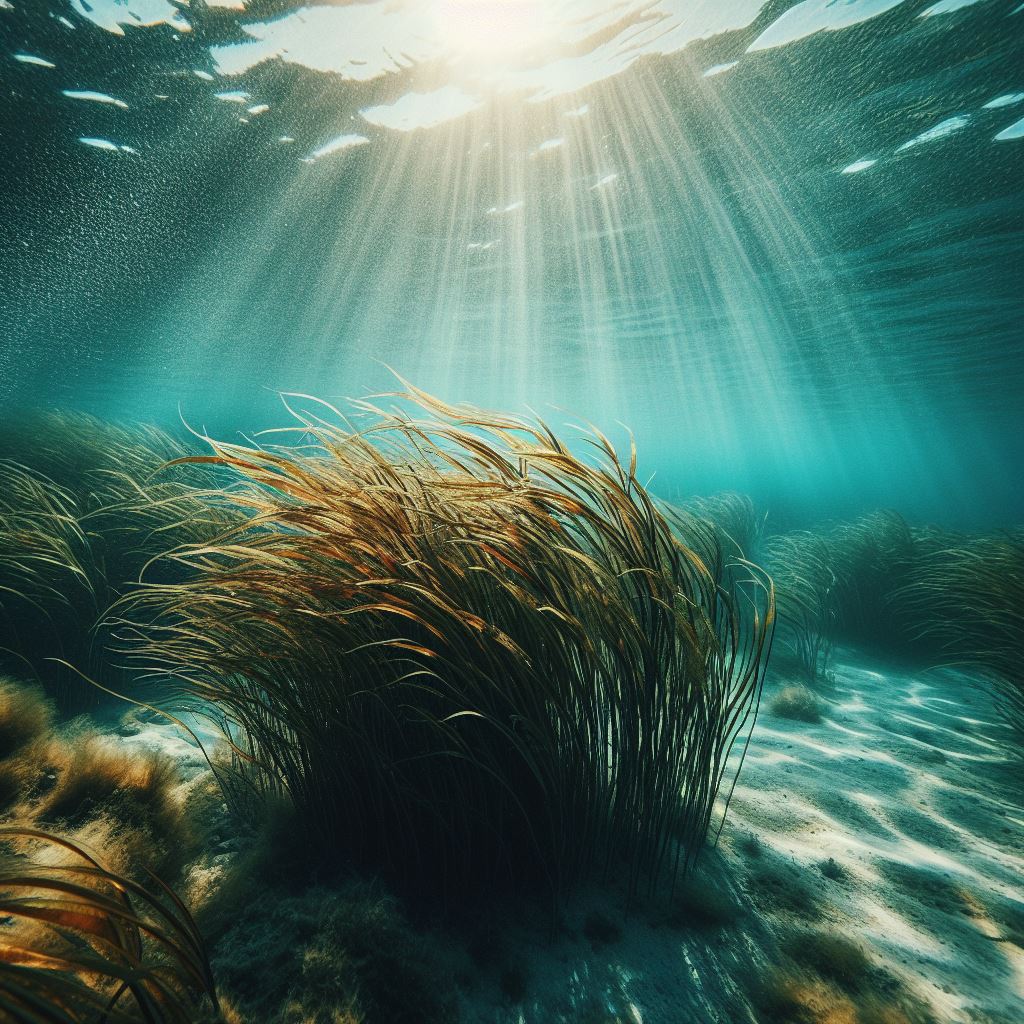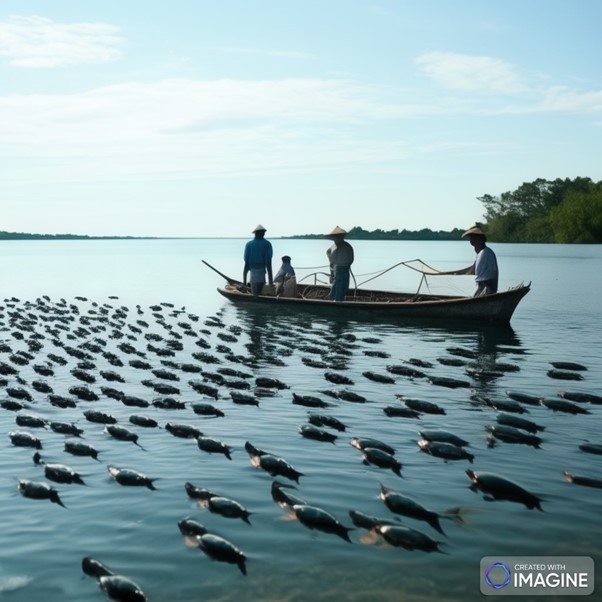Aquaculture, or the farming of aquatic organisms such as fish, shellfish, or shrimp, plays a crucial role in meeting global food demands. However, aquaculture practices can also have negative effects on ecosystems if not managed wisely. Maintaining environmental balance in aquaculture practices is crucial to avoid serious ecological damage.
Here are some steps that can be taken to maintain ecosystem balance in aquaculture practices:
- Proper Site Selection: Choosing appropriate locations for aquaculture can help reduce negative impacts on the environment. Selecting sites far from sensitive natural ecosystems such as coral reefs or mangrove forests can reduce the risk of ecosystem damage.
- Waste Management: Waste management is key to maintaining ecosystem balance. Waste from aquaculture such as unconsumed feed, fish feces, and chemicals should be properly managed to avoid water pollution and disruption to surrounding ecosystems.
- Sustainable Use of Natural Resources: Ensuring sustainable use of natural resources such as water and feed is crucial. Overfishing for fish feed or excessive water use can disrupt fragile aquatic ecosystems.
- Disease Prevention: Diseases in aquaculture populations can spread rapidly to natural ecosystems if not properly controlled. Using good disease management practices and limiting organism transfers to and from aquaculture facilities can help prevent disease spread.
- Habitat Conservation: Saving or restoring damaged natural habitats can help maintain ecosystem balance. This may involve conserving coral reefs or mangrove forests around aquaculture areas.
- Environmental Monitoring: Continuous monitoring of water quality, biological diversity, and other environmental parameters is important for detecting changes that may occur and taking preventive action if necessary.
By considering these steps and practicing sustainable aquaculture, we can maintain the balance of natural ecosystems while meeting global food needs.

Date of Input: 27/03/2024 | Updated: 17/04/2024 | izana.abdullah
MEDIA SHARING





























